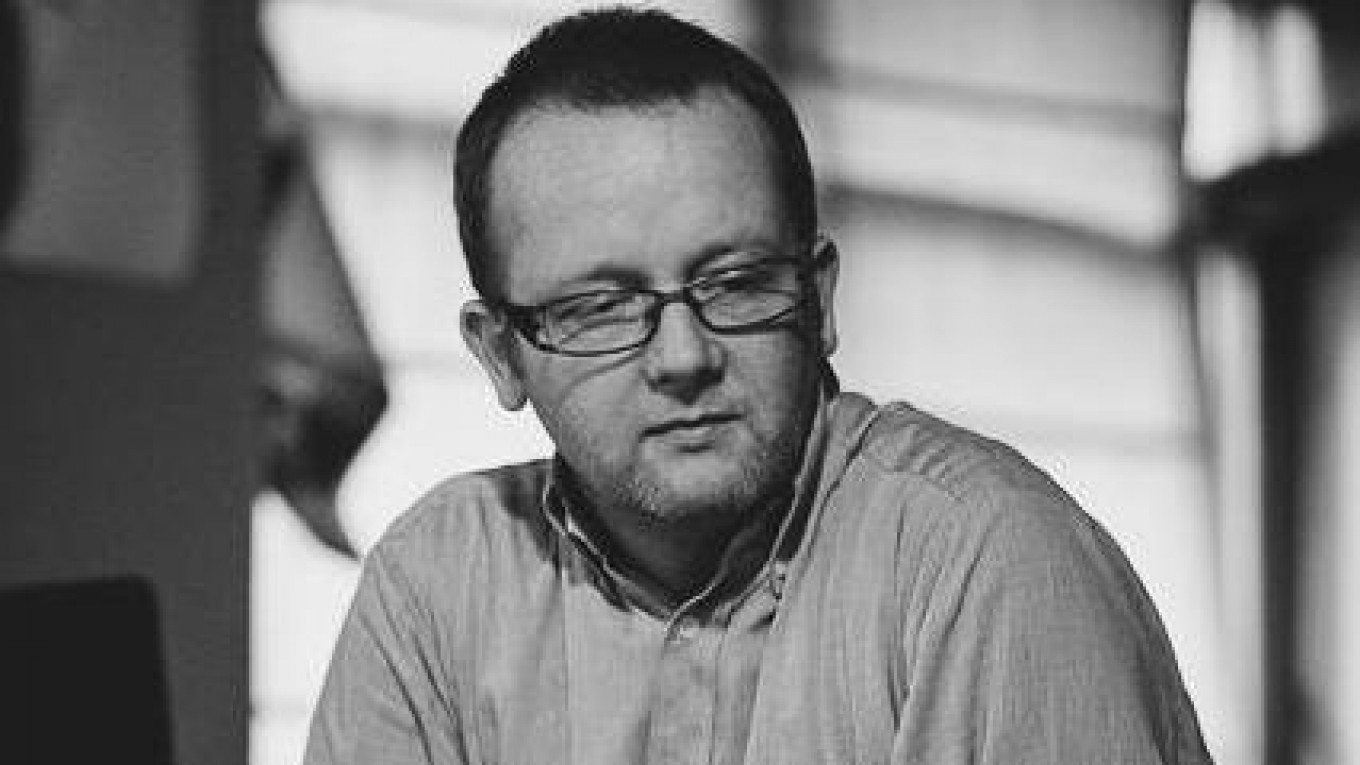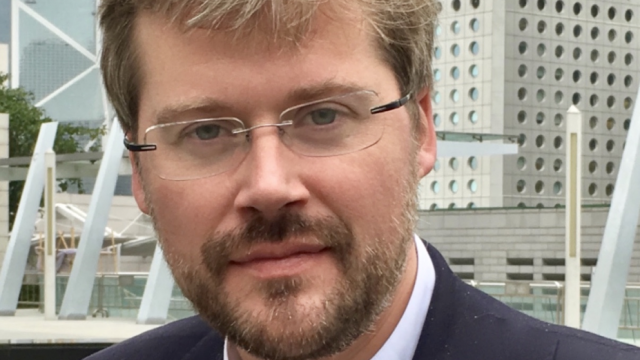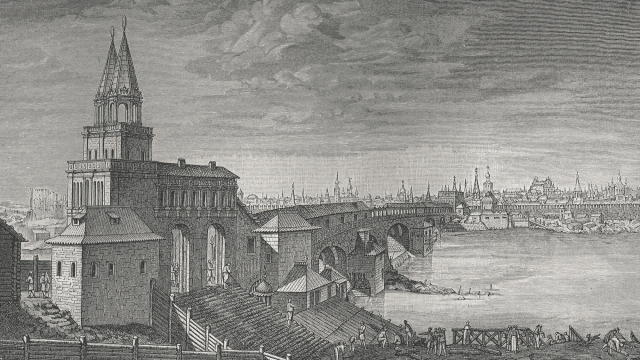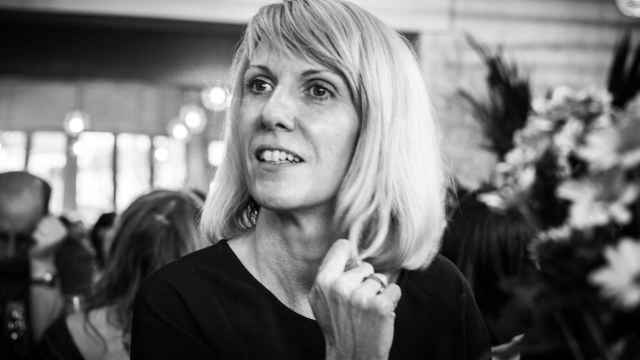Erik Jansma met his future Russian wife while on holiday in Dublin back in the mid-1990s. in 2005, the couple moved to Moscow’s north-eastern Baumanskaya district, where they continue to live. Over 12 years, the Dutchman has watched Baumanskaya transform from a run-down post-industrial suburb to one of Moscow’s hippest areas. The Moscow Times sat down with him to talk about life and work in the city.
I’m really happy in Baumanskaya. When I bought an apartment here, it was the last affordable neighborhood in the center, but it was shabby. Now it is really popular, so I’m pleased about the increasing value of my property! The area around the metro is constantly changing, with many new cafes opening. You can hop on a tram and in a few minutes you can be at Winzavod, it’s a great place to hang out on Sundays. I also take my kids to the Puppet Theater nearby, which is small but has some great shows.
The rest of Moscow has also changed over the last 12 years. Central Moscow used to be much more heavily congested. So many Muscovites are against paid parking in the city, but I am completely in favor of it. It makes a city a lot more liveable. I think it’s amazing that large parts of the city center have been pedestrianized and that Moscow’s parks have been transformed.
There used to be a larger community of expats here. When I got involved in setting up the website Expat.ru 11 years ago, there were more Westerners in the city. Back then, the typical expat would be here for a temporary professional assignment, so they would enjoy Moscow for a few years and move on. There is a distinction to be made between expats and “Ruspats”—people like myself who come here and don’t have the intention to leave anytime soon.
I found it surprisingly easy to set up a company in Russia. People are very welcoming here, if you are foreign many see it as an asset, not a problem. If you have help, taxes are also easy. But I find that everything in Russia is a double experience: On the one hand, there is an amazing atmosphere but on the other management can be absolutely horrendous.
When you live abroad, you start to appreciate your home country. I start to look at Holland more fondly since I don’t live there anymore. I love Russia and Moscow, But I’m not Russian and I don’t want to pretend that I am. So if the Dutch come to Russia next year for the FIFA World Cup, I will cheer them (They may not – they played so badly recently that I’ve started cheering for the Belgians). My children are fluent in Russian, English and Dutch – I think they feel Dutch here, and Russian when they are in Holland.
The political situation between the EU and Russia is bad, but you don’t feel this on a people-to-people level. Most of the people I know here are not conservative at all. When MH17 was shot down in Ukraine [the passenger airliner that went down carrying mostly Dutch passengers], people who know I’m Dutch in Baumanskaya asked me if I was OK. There is a parallel universe between the people and the politicians.
My next career plan in Russia is in business intelligence. I specialize in corporate reporting. There has long been a trend in IT to move offices eastwards. Currently, I am doing business in Poland, which is still cheap but in the EU. In 2010, many companies moved to Ukraine. Given the situation there, those companies are looking to move elsewhere. So, even though the political situation between the EU and Russia is bad, I believe it will improve again and Russia will once again be attractive.
A Message from The Moscow Times:
Dear readers,
We are facing unprecedented challenges. Russia's Prosecutor General's Office has designated The Moscow Times as an "undesirable" organization, criminalizing our work and putting our staff at risk of prosecution. This follows our earlier unjust labeling as a "foreign agent."
These actions are direct attempts to silence independent journalism in Russia. The authorities claim our work "discredits the decisions of the Russian leadership." We see things differently: we strive to provide accurate, unbiased reporting on Russia.
We, the journalists of The Moscow Times, refuse to be silenced. But to continue our work, we need your help.
Your support, no matter how small, makes a world of difference. If you can, please support us monthly starting from just $2. It's quick to set up, and every contribution makes a significant impact.
By supporting The Moscow Times, you're defending open, independent journalism in the face of repression. Thank you for standing with us.
Remind me later.






